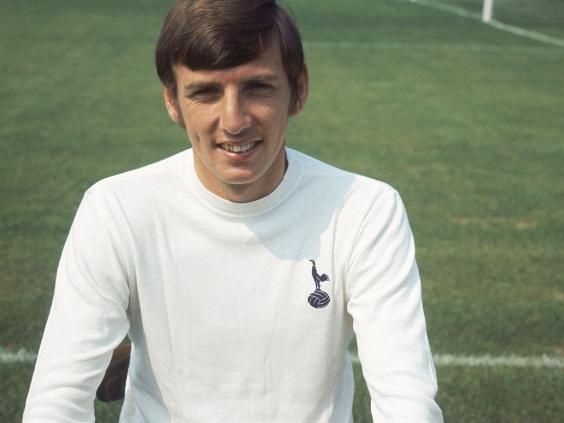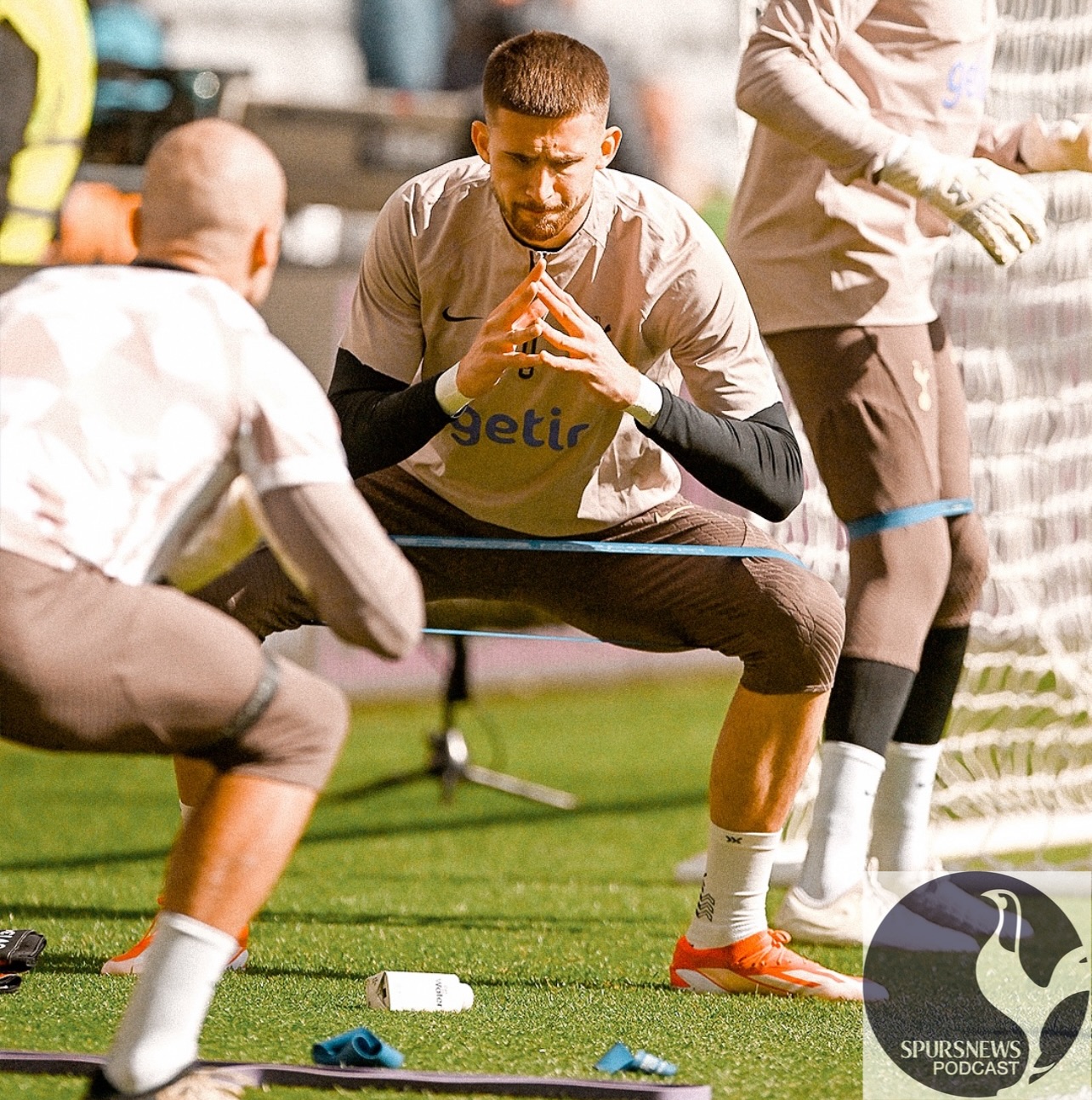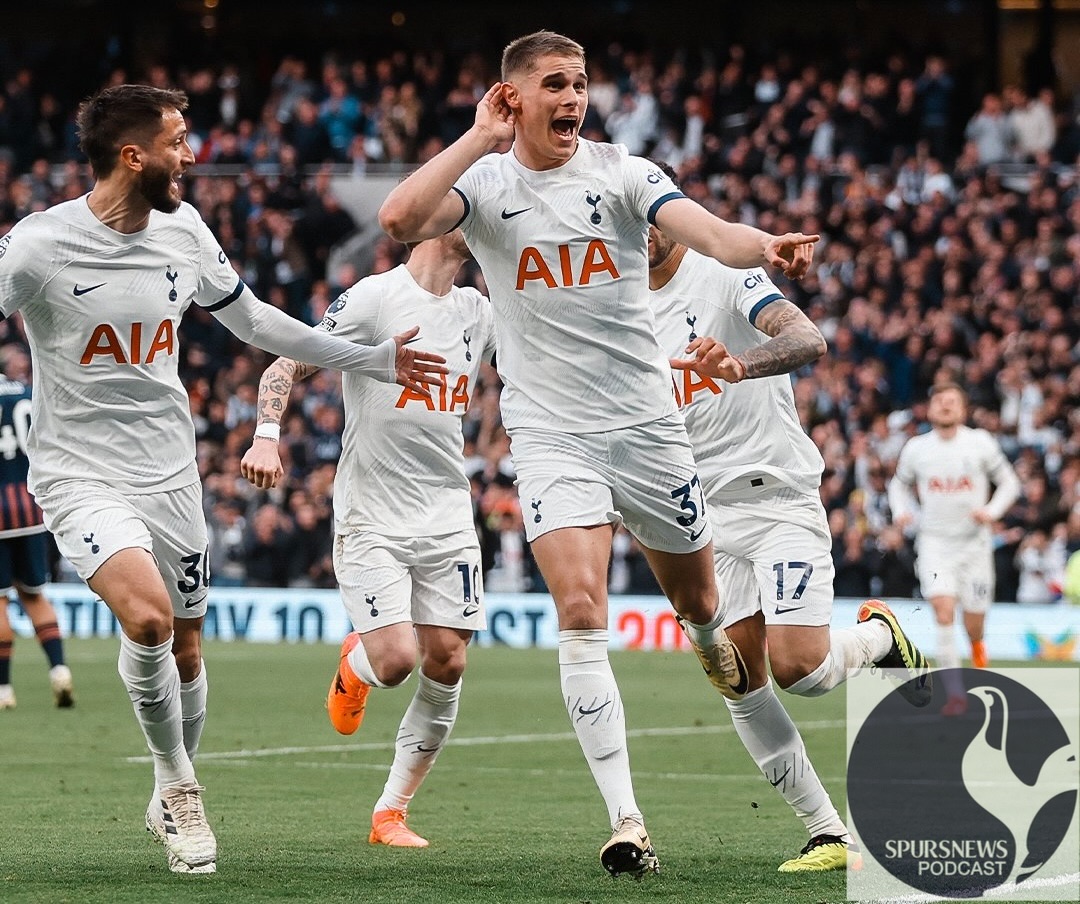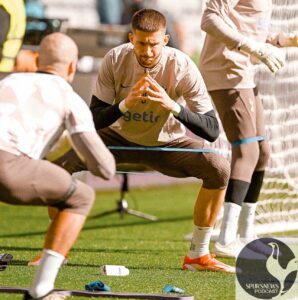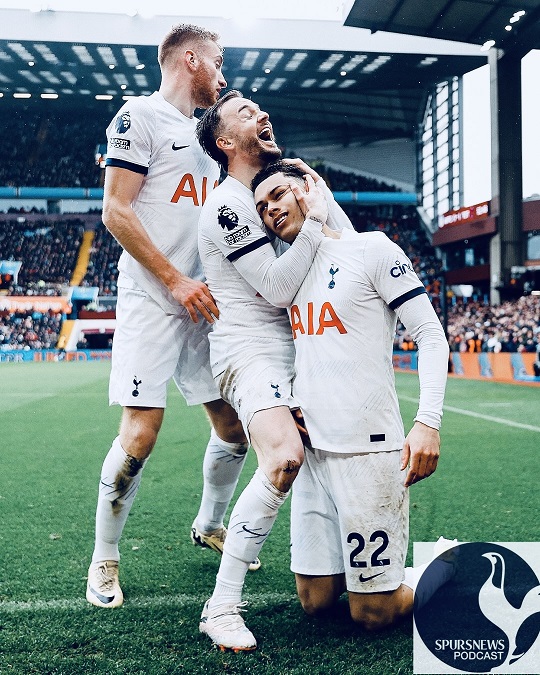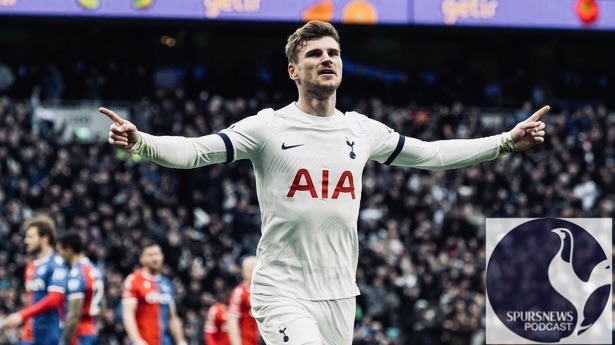Martin Peters, who scored England’s second goal in the 1966 World Cup final against West Germany, has died aged 76 following a long battle with Alzheimer’s disease.
Peters’ family released the following statement: “It is with profound sadness that we announce that Martin passed away peacefully in his sleep at 4.00am this morning.
“A beloved husband, dad and grandad, and a kind, gentle and private man, we are devastated by his loss but so very proud of all that he achieved and comforted by the many happy memories we shared.
“We will be making no further comment and kindly ask that the privacy of our family is respected at this extremely difficult time.”
Peters was part of the West Ham trio, which also included captain Bobby Moore and Geoff Hurst – who scored a hat-trick in the 4-2 victory at Wembley – in Sir Alf Ramsey’s side.
Hurst wrote on Twitter: “Today is a very sad day for football and for me personally.
“Martin Peters was one of the all-time greats and a close friend and colleague of mine for in excess of 50 years.
“A fellow World Cup final goalscorer and my West Ham partner for years along with Bobby Moore. RIP old friend.”
Peters came through the West Ham academy, having signed as an apprentice in 1959, and went on to help the club win the European Cup Winners’ Cup in 1965.
Often regarded as the complete midfielder, Peters was good in the air, able to cross with either foot and possessed great movement, being able to drift into goal-scoring positions unnoticed by his markers which would later see him nicknamed ‘The Ghost’.
Ramsey once said of him: “Martin Peters is 10 years ahead of his time in the game.”
The son of a lighterman on the River Thames, Peters was born on November 8, 1943, in Plaistow, east London, close enough to walk to the Boleyn Ground, before the family moved out to Dagenham in Essex.
A young Peters started out his football career in goal before being shifted around the side and flourishing in a midfield role.
Signing as an apprentice in 1959, Peters came through the fabled West Ham academy to make his senior debut against Cardiff on Good Friday 1962.
The season before England’s World Cup triumph, Peters had been part of the West Ham side which won the 1965 European Cup Winners’ Cup against 1860 Munich at Wembley.
An international debut, though, did not come until May of 1966, just two months before Peters would enshrine himself in English footballing folklore forever.
After 364 games and 100 goals for the Irons, in 1970 Peters left Upton Park for Tottenham, becoming Britain’s first £200,000 footballer, in a deal which saw striker Jimmy Greaves head in the opposite direction.
While at White Hart Lane, Peters helped Bill Nicholson’s team lift the League Cup at Wembley in 1971 and again, as captain, in 1973, a season after playing his part in Spurs’ UEFA Cup victory over Wolves.
Peters left Tottenham for Norwich in 1975 and made 206 appearances for the Canaries before ending his career at Sheffield United.
He played at the 1970 World Cup in Mexico, scoring the goal which put England 2-0 ahead in their quarter-final against West Germany. He was substituted after 81 minutes, with England still leading 2-1, and could only watch as West Germany went on to win 3-2 in extra-time.
By the time of the 1974 campaign, Peters had also been installed as England skipper, but was unable to drag Ramsey’s team through qualification, with their hopes ended by a 1-1 draw against Poland.
A final England appearance came in May 1974, a 2-0 defeat against Scotland. Peters won a total of 67 caps and scored 20 goals.
Off the field, Peters was honoured with an MBE in 1978. He is survived by wife Kathleen, daughter Leeann and son Grant.
(Sky Sports)

